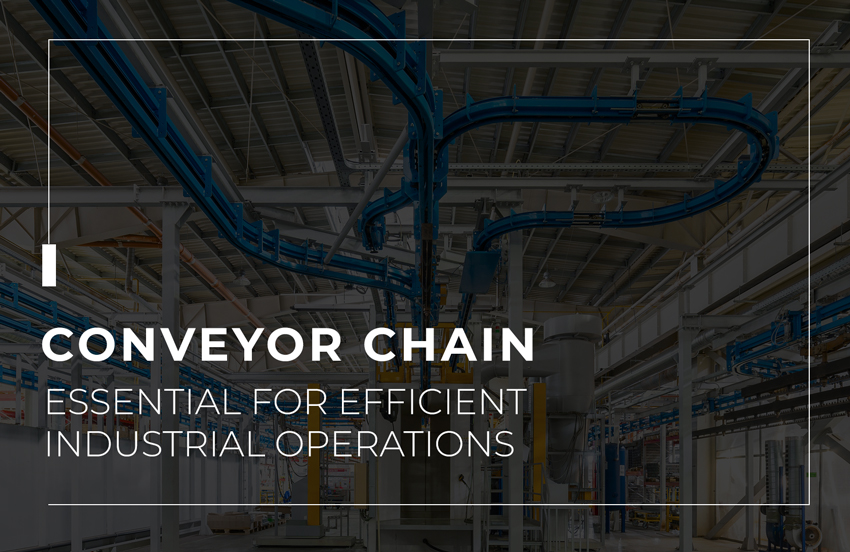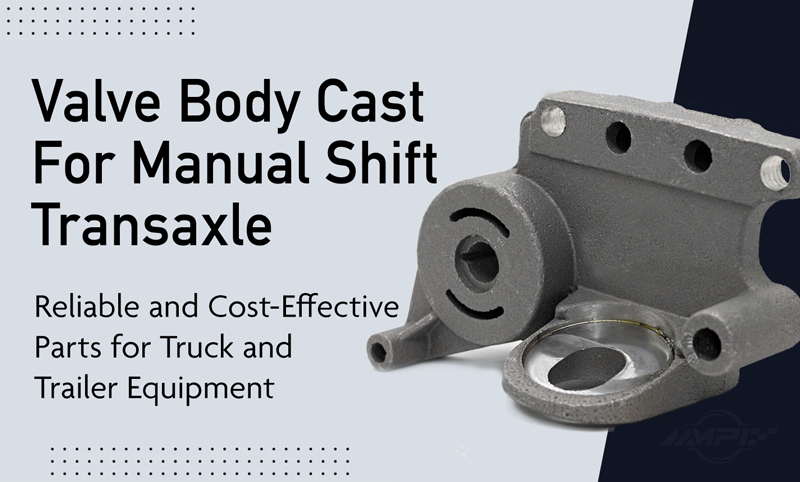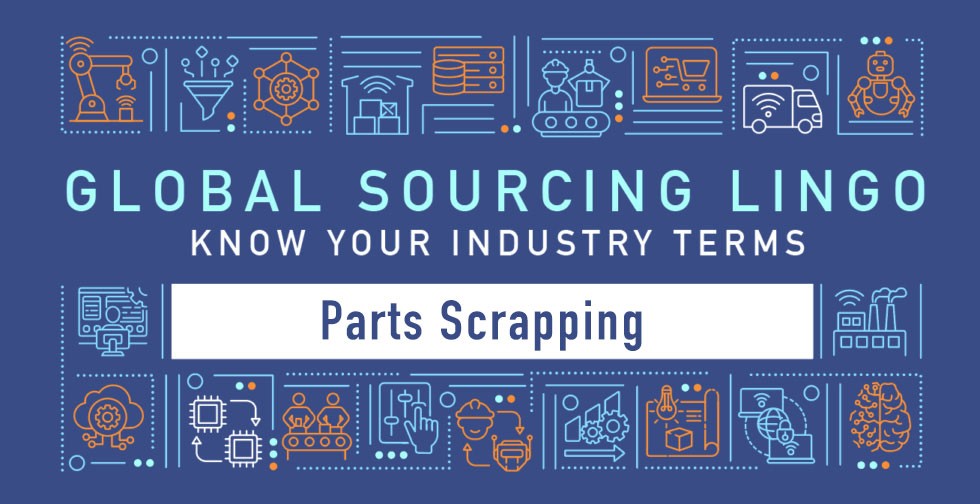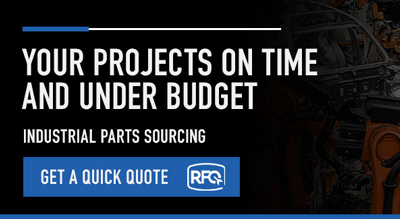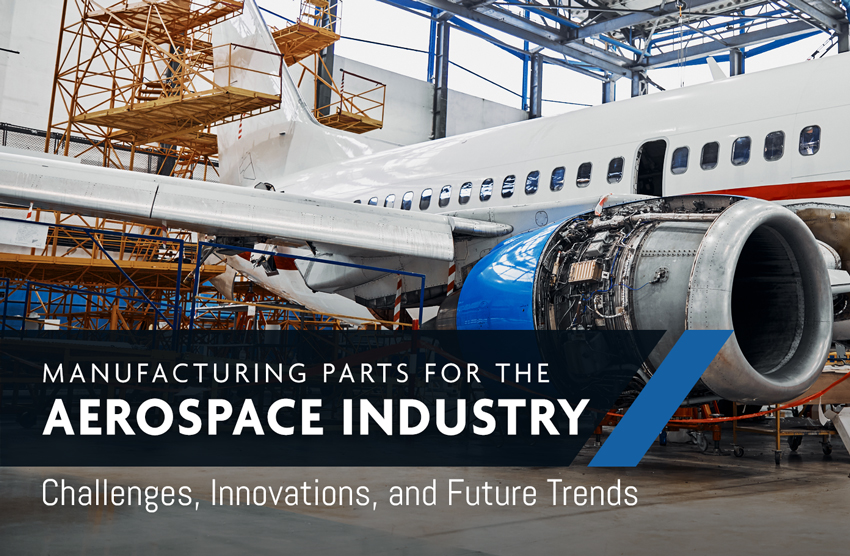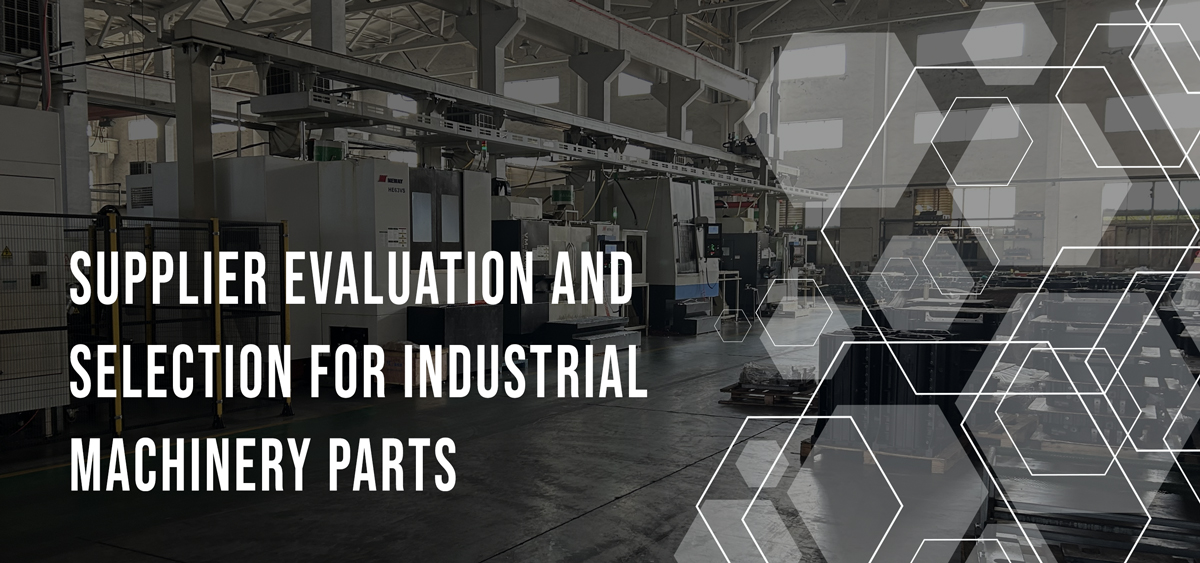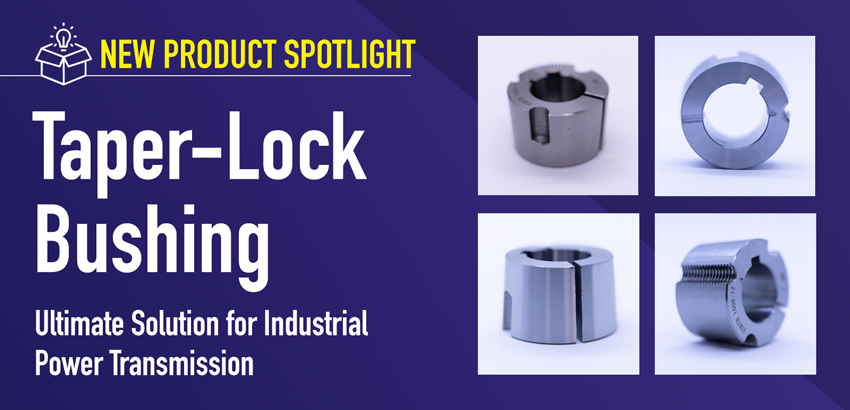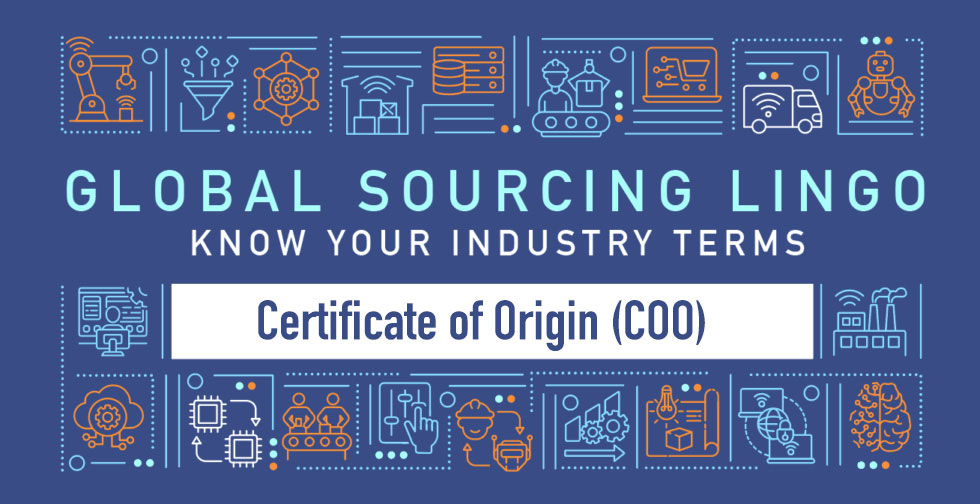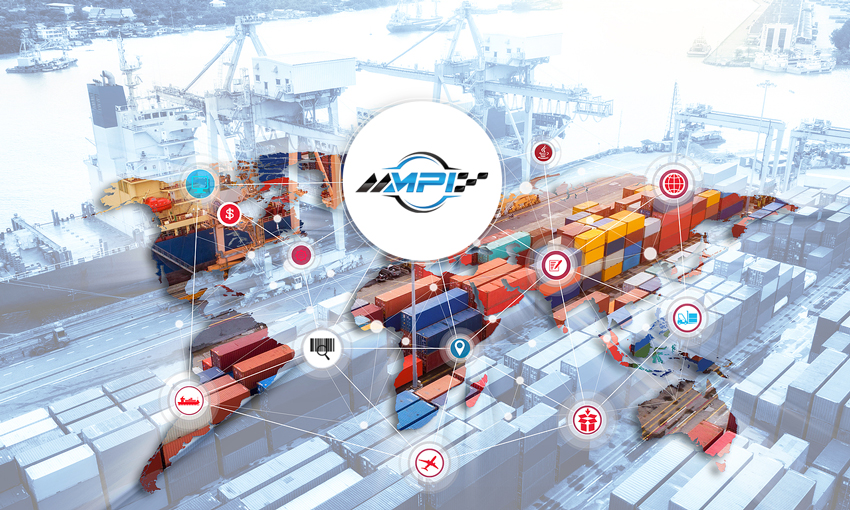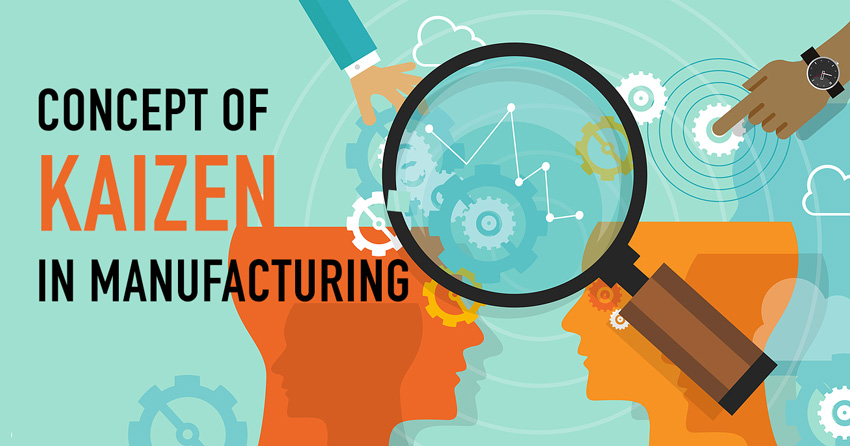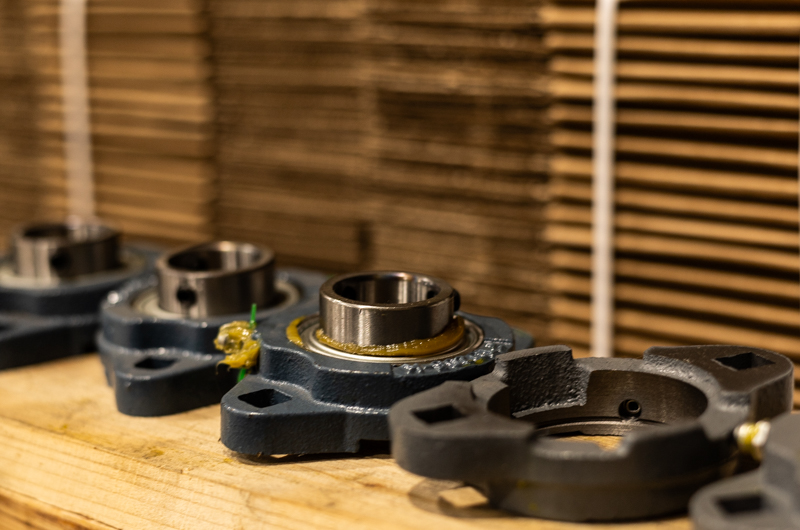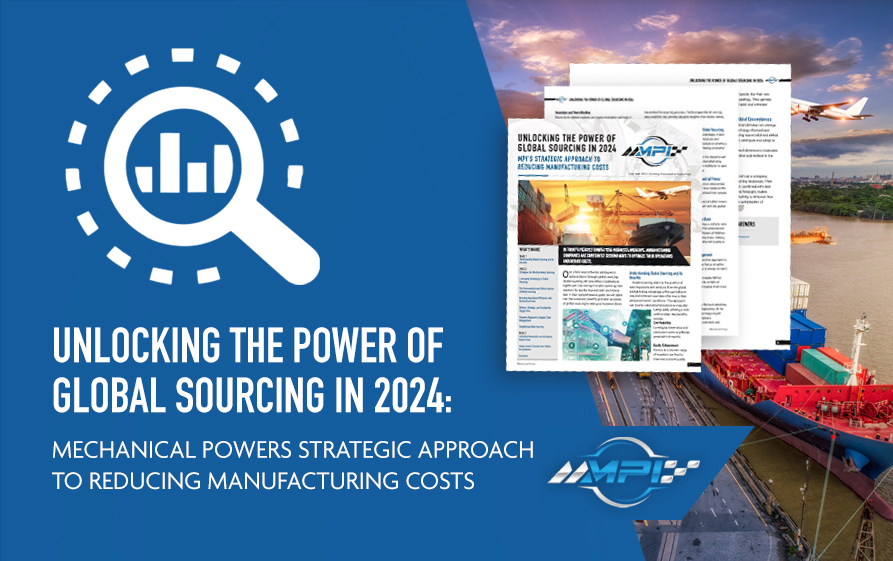In the industrial world, efficiency and reliability are paramount. Conveyor chains play a critical role in the seamless operation of various sectors, including manufacturing, automotive, and food processing.
This article will delve into the fundamentals of conveyor chains, explore different types available, and discuss their key applications. Whether you’re a seasoned industry professional or new to the field, understanding the impact of these components will enhance your operational efficiency.
What is a Conveyor Chain?
A conveyor chain is a specialized type of chain designed to move materials through production lines. It consists of a series of journal bearings secured by constraining link plates.
Each bearing consists of a pin and a bush on which the chain roller revolves. These chains are designed to endure the rugged demands of industrial environments, transferring materials with ease across a facility.
Types of Conveyor Chains
Conveyor chains come in various forms, each tailored to specific industrial needs. Here are some of the most common types:
Standard Roller Conveyor Chains
These are the most widely used conveyor chains, known for their robustness and versatility. Standard roller chains consist of a series of short cylindrical rollers held together by side links. They are used extensively in a multitude of applications, from moving products down an assembly line to conveying materials in mining operations.
Double Pitch Roller Chains
Designed for long-distance conveying, double pitch roller chains have twice the pitch of standard roller chains with the rollers attached every other link. This configuration reduces material and weight, making them less expensive and ideal for slower speed applications where a lighter chain is sufficient.
Heavy Duty Chains
For environments where durability and strength are critical, heavy duty chains are the preferred choice. These chains are built to withstand extreme conditions and loads without sacrificing performance. Industries such as lumber processing, heavy equipment manufacturing, and steel milling rely on these chains for their toughest operations.
Specialty Chains
Certain applications require specialized solutions. Specialty chains include corrosion-resistant chains for chemical environments, self-lubricating chains for high-temperature conditions, and non-magnetic chains for operations sensitive to magnetic interference. These chains are custom-designed to meet the specific requirements of unique operational contexts.
 Conveyor Chain Distributor in Wauconda, IL
Conveyor Chain Distributor in Wauconda, IL
If you need Industrial Conveyor Chain for your equipment, contact your Mechanical Power specialist to discuss your specific application and determine what type of Industrial Conveyor Chain is right for you. Once we determine the type of chain you need, we will obtain high-quality industrial roller chain through our partnerships with top manufacturers, saving you time and money in the process.
Key Applications of Conveyor Chains
Manufacturing and Assembly Lines
Conveyor chains are integral to the automation of manufacturing and assembly lines. They enhance productivity by moving parts through various stages of assembly, reducing manual labor, and minimizing the risk of errors and injuries.
Automotive Industry
In automotive manufacturing, conveyor chains transport components along the assembly line from one workstation to the next. They are crucial for the timely and efficient production of vehicles, ensuring that all parts are assembled in precise sequence.
Food and Beverage Industry
The food and beverage industry benefits significantly from the use of conveyor chains. These chains facilitate the transport and packaging of products under hygienic conditions, adhering to stringent health standards. Specialized food-grade chains are designed to resist corrosion from washdown processes and avoid contamination.
Pharmaceuticals
In pharmaceutical manufacturing, conveyor chains help maintain a sterile environment during the production of medications. Special coatings and materials ensure that these chains do not harbor bacteria or react with the chemicals being processed.
Choosing the Right Conveyor Chain
Selecting the right conveyor chain involves considering several factors, including the type of material to be conveyed, the environment in which the chain will operate, and the speed at which the system must function.
It’s also crucial to factor in the maintenance requirements and durability of the chain. Regular inspections and proper lubrication extend the lifespan of conveyor chains and ensure continuous, trouble-free operation.
Conclusion
Conveyor chains are a vital component of modern industrial operations, enabling a multitude of industries to enhance efficiency and reliability. Understanding the different types of conveyor chains and their applications can significantly impact the success of your operations.

Resourceful and innovative Marketing Pro, with 20+ years of progressive experience in the marketing and creative technology industry. Responsible for digital and traditional marketing efforts that promotes brand awareness, increases engagement, and drives revenue.


